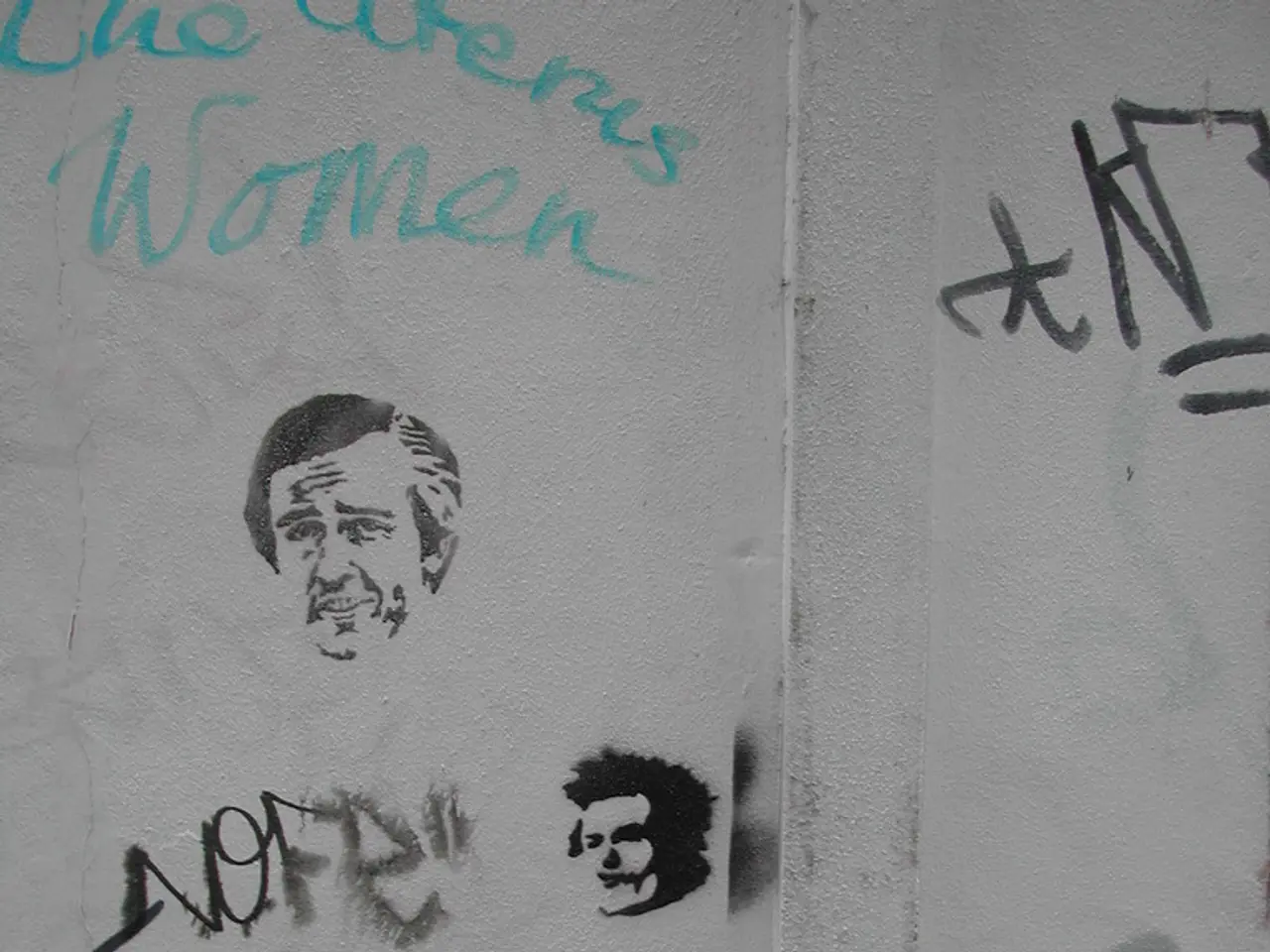Uber journeys in Heidelberg, Germany, now come with a minimum charge
In the city of Heidelberg, a new regulation has been introduced to protect traditional taxi businesses and ensure fair pricing for ride-sharing services. This move comes as part of a broader trend in Germany, where cities have been implementing minimum fare regulations and strict licensing rules to maintain higher prices for ride-sharing services [2].
The new regulation stipulates that prices for trips in ride-share cars can be a maximum of 7.5 percent below the fees set for taxi drivers. This means that a journey from Heidelberg's main station to its world-famous castle, which takes about 15 minutes, could cost as little as €9 with Uber versus about €25 by taxi [1].
Ride-sharing startups like Uber and Bolt have so far been exempt from these rules. However, the city of Heidelberg sees the taxi industry as part of the public service and "worthy of protection" [1]. A spokesperson for the city stated that the order is necessary to prevent dumping prices in rental car traffic.
This contrasts with more permissive approaches in some other countries, where ride-sharing platforms face fewer regulatory hurdles and can price more competitively. Germany’s regulatory environment includes minimum fares and operational requirements that act as barriers to Uber-style dynamic pricing, effectively reducing fare competition in German cities and maintaining higher price floors compared to more deregulated markets [2].
The city of Heidelberg is not the only city where the taxi association has called for similar pricing regulations. The district of Loerrach in southwestern Baden-Wuerrttemberg had introduced a similar regulation in 2022, but Uber is not actively operating there [1].
However, in other major German cities, the regulatory response continues to vary widely. For example, the city of Munich has recently said it would not set minimum prices for ride-share services for the time being [1]. Meanwhile, the city of Leipzig had previously set minimum rates for ride service providers but later revoked the order due to a legal dispute [1].
Regarding other cities considering similar regulations, there is no direct evidence from the current search results that other major cities are specifically adopting minimum fare regulations akin to Germany’s approach. Rather, regulatory responses continue to vary widely by national and local contexts, influenced by institutional frameworks and political-economic landscapes [1][2].
In summary, the city of Heidelberg has introduced minimum fares for Uber and other taxi alternatives like Bolt to protect traditional taxis and ensure fair pricing. This move is part of a broader trend in Germany, where cities have been implementing minimum fare regulations and strict licensing rules to maintain higher prices for ride-sharing services. However, the regulatory response continues to vary widely in other countries, with some taking a more permissive approach and others implementing similar regulations [1][2].
Sources:
[1] The Verge. (2023). Heidelberg introduces minimum fares for Uber and other ride-hailing services. Retrieved from https://www.theverge.com/2023/3/14/22972630/heidelberg-germany-uber-ride-hailing-minimum-fares-taxi
[2] University of Oxford. (2023). The impact of Uber's dynamic pricing model on passengers and drivers: A study from the Department of Computer Science. Retrieved from https://www.ox.ac.uk/news/2023-03-14-impact-ubers-dynamic-pricing-model-passengers-and-drivers-study-department-computer-science
In contrast with some other countries, where ride-sharing platforms like Uber may face fewer regulatory hurdles, the city of Heidelberg recently introduced minimum fares for Uber and other taxi alternatives to protect traditional taxis and ensure fair pricing for ride-sharing services. This supports a broader trend in Germany, where cities have been imposing strict licensing rules and minimum fare regulations to maintain higher prices for ride-sharing services.







